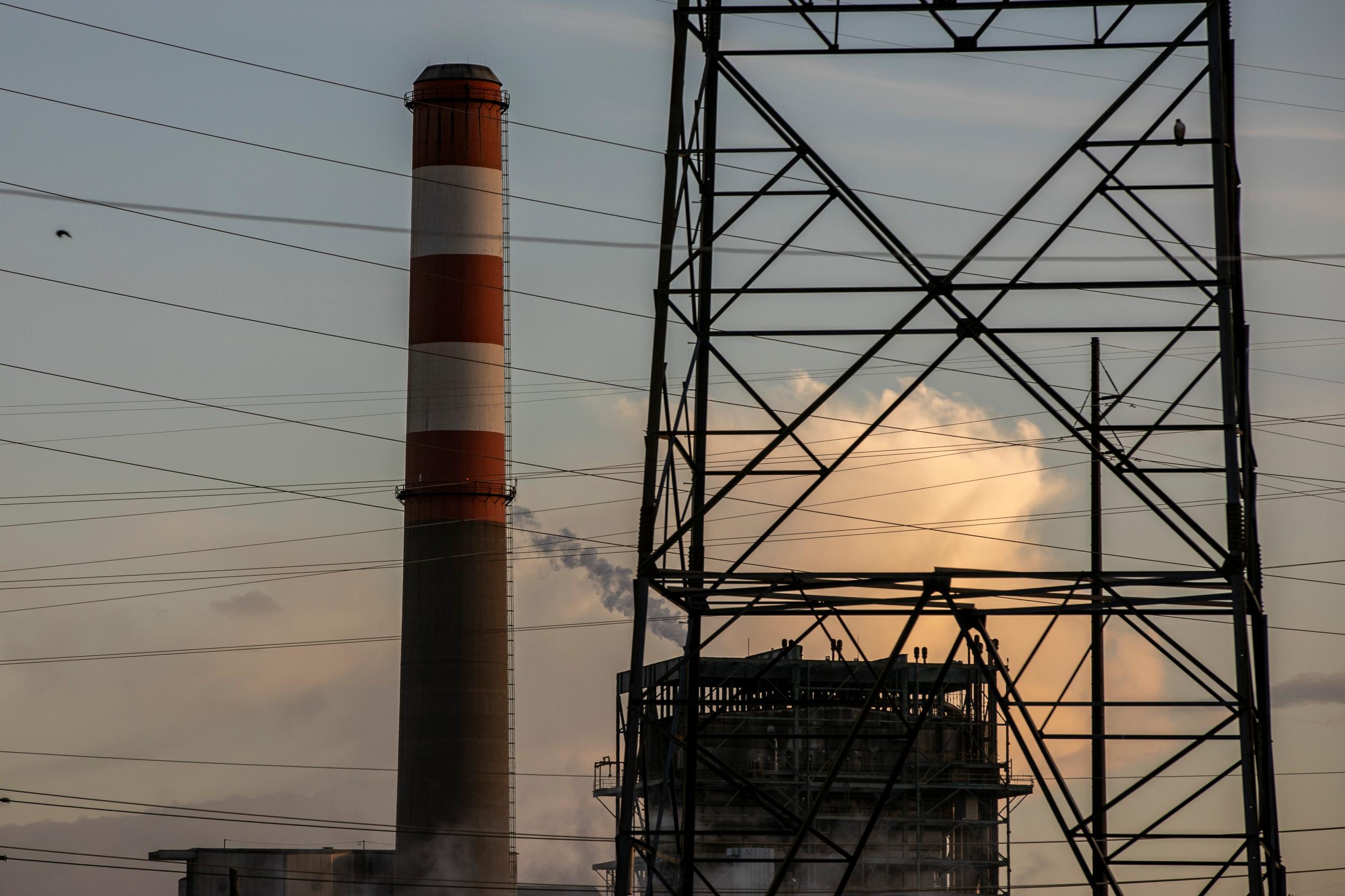
Xcel Energy should charge customers $509 million to recoup unprecedented natural gas costs from a nationwide cold snap last year, an administrative law judge recommended this week.
Recovering those costs would result in residential gas bills rising by 11 percent for 30 months, according to a decision filed with the Colorado Public Utilities Commission on Wednesday. Residential electric bills would also rise by 2 percent for two years.
The state’s Office of the Utility Consumer Advocate plans to appeal the decision to the commission.
“Xcel could’ve taken various actions that it failed to do … that would’ve saved customers a lot of money,” said Director Cindy Schonhaut.
Administrative Law Judge Melody Mirbaba approved Xcel’s proposal despite also finding the company failed to warn residents to cut down on their energy use during the 2021 cold snap. She said the company performed well and agreed not to recoup about $150 million it could have charged customers.
“While the Company’s actions during the extreme weather event were not perfect, by and large, the Company acted prudently based on the information available to it at the time, which was no easy task given the numerous complicating factors that it faced,” she wrote in her recommendation.
On Friday, Gov. Jared Polis issued a statement saying Xcel customers are “now literally forced to pay the price” for the utility’s poor communication.
“I am disappointed that utility providers are able to balance their financial loss on the backs of consumers, when extra costs could have been avoided by better early warning systems for consumers to voluntarily reduce energy usage,” Polis said.
In a statement, Xcel Energy spokesperson Michelle Aguayo said the decision minimizes the amount customers would have to pay and “is reasonable, appropriate and consistent with the law.”
Public Utilities Commission spokesperson Becky Quintana said the commission would likely hear appeals to the recommendation in June. She did not know when it would issue its final decision.
The cold snap over President’s Day weekend increased demand for natural gas heating across the country and literally froze gas production, leading the commodity market to raise natural gas prices to record levels.
Xcel Energy bought $670 million of natural gas during the cold snap, paying prices 50 times greater than they were earlier that week, according to regulatory filings.
During hearings, the utility argued the price increase was unprecedented and out of its control. Xcel also argued it maintained reliable service during the bitterly cold weekend, unlike utilities in other states.
“This is another example of why it is so important that we continue to move away from natural gas to avoid these types of unpredictable price spikes in the future,” Polis said.
The Office of the Utility Consumer Advocate also criticized Xcel for not properly alerting customers about the impending weather and recommending they cut down on their energy use. Judge Mirbaba agreed that Xcel “failed to act prudently when it did not issue conservation messaging,” but that she was unsure whether it would lead to noticeable savings.
Much of the consumer advocate’s arguments about Xcel’s natural gas purchases “are heavily tinted with 20/20 hindsight vision,” she wrote.
Schonhaut with the consumer advocate's office said hindsight is “exactly what regulators do.”
If utility commissioners approve the decision, the company will charge residential and commercial gas and electric customers a new fee called the Extraordinary Gas Cost Recovery Rider. On average, residential gas customers would pay an additional $5.67 a month and electric customers would pay an additional $1.43 month, Xcel said.
If approved by regulators, Xcel would also absorb millions of dollars related to the cold snap, and $14 million worth of replacement power used when a generator at the Comanche Generating Station broke down in 2020. That money would be returned to customers as credits on their energy bills.








